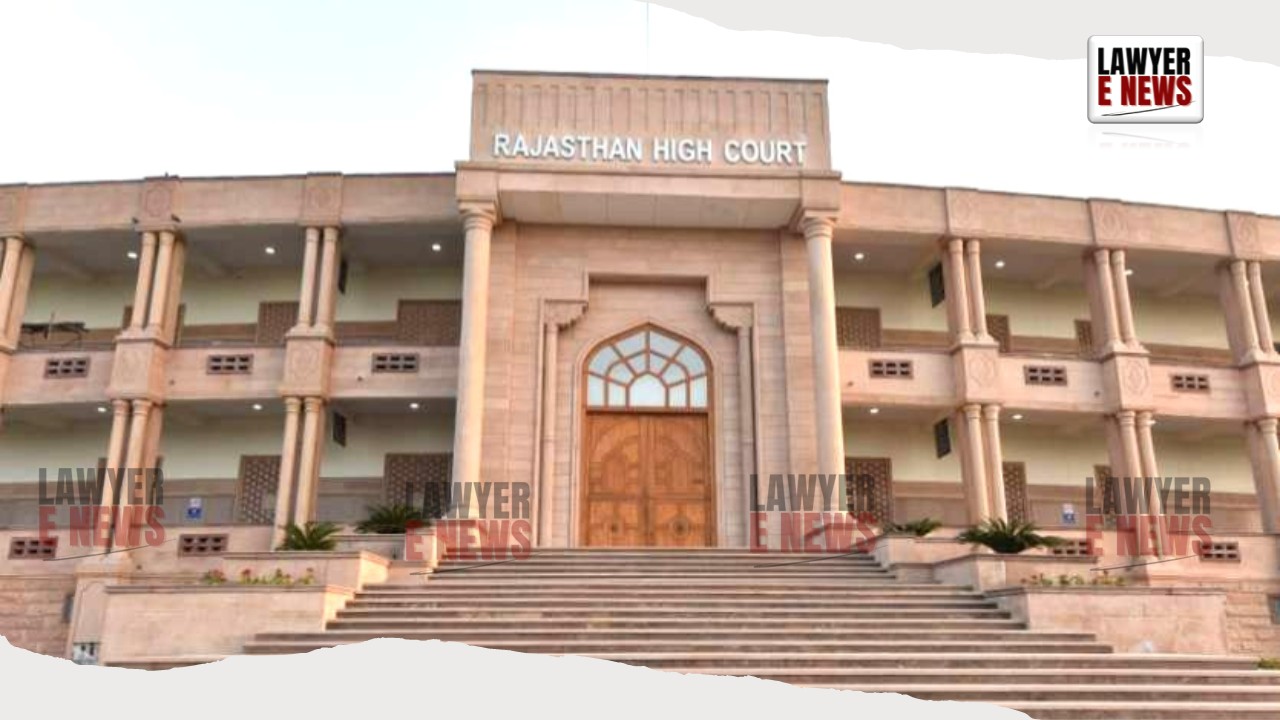-
by Admin
15 February 2026 5:35 AM



The High Court of Rajasthan has upheld the legality of security cheques under Section 138 of the Negotiable Instruments Act (NI Act) in a significant ruling involving faculty members of Vibrant Academy, a prominent IIT JEE coaching institute. The court dismissed the petitions seeking to quash criminal proceedings initiated due to cheque dishonour, emphasizing that security cheques can be legally enforceable if they represent a liability at the time of presentation.
The court observed that the cheques issued by the petitioners, although undated at issuance, became enforceable upon their presentation due to a breach of contract by the petitioners. Justice Anil Kumar Upman noted, "The relevant date for determining the existence of a legally enforceable debt or liability under the NI Act would be the date of presentation/maturity of the cheque in question."
Addressing the petitioners' argument that no debt existed at the time of cheque issuance, the court reiterated that the enforceability of a security cheque arises from the liability existing at the time of its presentation. The ruling cited the Supreme Court's judgment in Dashrathbhai Trikambhai Patel v. Hitesh Mahendrabhai Patel & Anr., emphasizing that "a cheque must represent a legally enforceable debt on the date mentioned in the cheque, which is the date of maturity."
The court highlighted that post-dated cheques issued as security are valid under Section 138 of the NI Act if a liability exists on the maturity date. It clarified that the presumption of a legally enforceable debt arises if the cheque is dishonoured due to insufficient funds, provided the drawer fails to make the payment within the stipulated period after receiving the legal notice.
Justice Anil Kumar Upman remarked, "In any case, when there is legal presumption, it would not be judicious for the quashing Court to carry out a detailed enquiry on the facts alleged, without first permitting the trial Court to evaluate the evidence of the parties."
This landmark judgment underscores the enforceability of security cheques under Section 138 of the NI Act, reinforcing the legal framework for cheque transactions in commercial contracts. By affirming the trial court's cognizance of the cases, the High Court sends a clear message about the legitimacy of security cheques and their role in ensuring contractual obligations. The decision is expected to influence future cases involving post-dated cheques, emphasizing the date of maturity as the critical point for establishing liability.
Date of Decision: May 3, 2024
